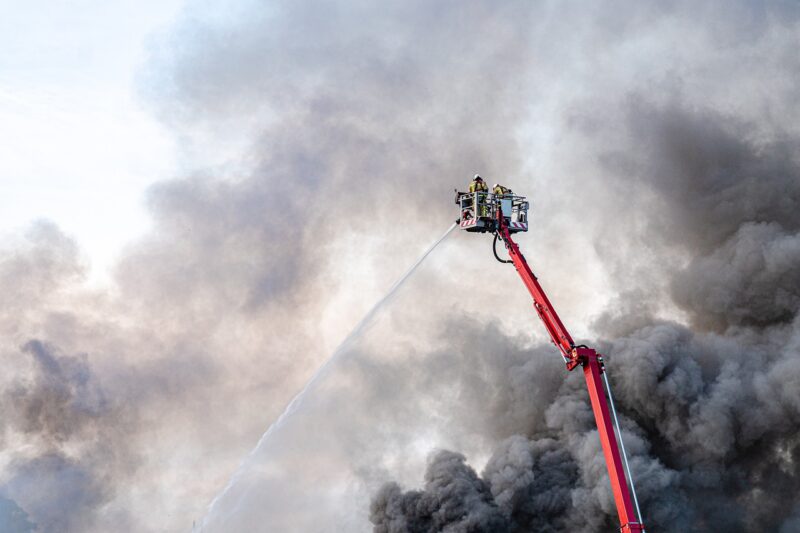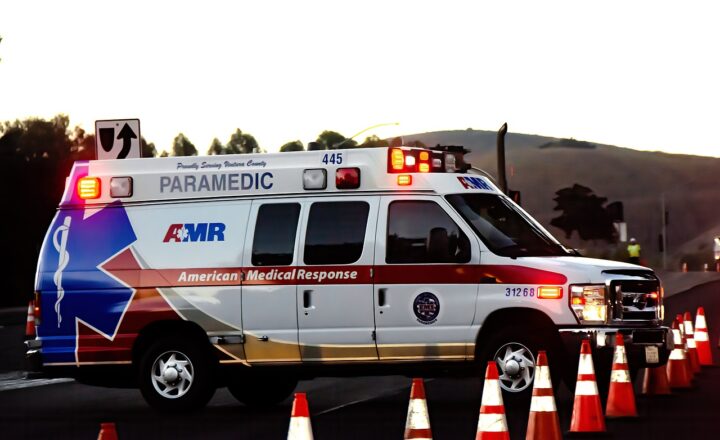What It’s Like to Work on an Ambulance Crew: A Look into Paramedic Life
November 14, 2024

Working on an ambulance crew is often like being on the front lines of an ever-changing situation. The life of a paramedic is filled with urgency, compassion, and critical decision-making—all rolled into one high-pressure work environment. In this article, we’re going to delve deep into what it’s truly like to be a part of an ambulance crew, the challenges faced, the rewards achieved, and everything in between.
1. A Day in the Life of a Paramedic
The day of a paramedic often starts with a shift briefing where crews gather to discuss their roles, assignments, and any pertinent information from previous shifts. Depending on the service area, a shift can last from 8 to 24 hours.
Here’s how a typical day might unfold:
- Morning Briefing: Review of equipment and vehicles, discussions about current challenges, and updates about local healthcare dynamics.
- Responding to Calls: When a call comes in, the crew jumps into action, quickly transitioning from routine to emergency mode. They head to the ambulance, perform a brief equipment check, and ensure they’re prepared for anything.
- Patient Assessment: Upon arrival at the scene, paramedics must swiftly assess the situation, gather information from bystanders, and perform a systematic evaluation of the patient.
- Initiating Treatment: Based on the assessment, crews provide immediate medical treatment, including administering medications, performing CPR, or using airway devices.
- Transporting Patients: Once stabilized, the patient is transported to the nearest appropriate medical facility, all while continuing medical care en route.
- Documentation: After a call, consistent documentation is imperative. This includes writing reports detailing the patient’s condition, treatment provided, and any changes noted during transport.
The unpredictability of emergency calls means that no two days are ever the same. From heart attacks to traumatic injuries to mental health crises, paramedics must be adaptable and knowledgeable, quickly pivoting to provide the best care possible.
2. The Training and Skills Required
Becoming a paramedic is no small undertaking. It typically requires rigorous training and education:
- Educational Requirements: Most paramedics complete a two-year degree from a community college or university, focusing on topics such as anatomy, physiology, emergency medical technology, and trauma care.
- Certification: After completing the educational component, aspiring paramedics must pass a national or state exam to obtain certification and license to practice.
- Ongoing Training: Due to the evolving nature of emergency medicine, paramedics must commit to continuous learning through seminars, workshops, and skill refreshers.
- Key Skills: Essential skills include strong communication, problem-solving abilities, compassion, physical agility, and teamwork. Paramedics often face high-stress situations and are required to keep calm under pressure while making rapid decisions concerning patient care.
Preparation is paramount. The skills acquired in training not only prepare paramedics for medical emergencies but also for interacting empathetically with patients and their families during high-stress situations.
3. Challenges Faced by Paramedics
The life of a paramedic is not without its challenges:
- Emotional Toll: Witnessing trauma, suffering, and loss takes a significant emotional toll. Paramedics need to find effective ways to cope with the psychological stress of their environment.
- Physical Demands: The job can be physically taxing, requiring heavy lifting, long hours, and maintaining stamina throughout shifts. The unpredictability of calls may also add strain on the body.
- Work Environment: Ambulance crews often work in varying environments, including harsh weather conditions, busy urban areas, or isolated locations, which can present additional challenges in providing timely care.
- Shift Work: Paramedics frequently work nights, weekends, and holidays, leading to disrupted sleep patterns and a demanding lifestyle that can affect personal relationships and health.
While the work is incredibly rewarding, it also comes with its set of challenges that paramedics must navigate effectively to provide quality care.
4. The Rewards of Paramedic Life
Despite the challenges, many paramedics find their careers deeply fulfilling:
- Impact on Lives: Paramedics play a crucial role in saving lives, providing immediate care that can dramatically affect a patient’s outcome.
- Teamwork and Camaraderie: Working closely with a team fosters strong relationships among ambulance crew members, creating a sense of belonging and support that extends beyond the workplace.
- Continuous Learning: The field is ever-evolving, and paramedics have opportunities to learn new techniques, technologies, and treatments through continuous education and practice, making every shift a new opportunity for growth.
- Community Connection: Many paramedics find satisfaction in serving their community, building relationships with people and establishing a deep connection with those they help on and off the job.
Indeed, the rewards of being a paramedic far outweigh the challenges for those who choose this noble profession.
5. Conclusion
Working on an ambulance crew is an unpredictable journey of highs and lows. Those who enter this profession do so with a drive to make a difference in their communities, offering expertise and compassion during the most critical moments of individuals’ lives. Though the path of a paramedic is filled with challenges, the exhilaration of helping others, coupled with strong team camaraderie, makes it one of the most rewarding careers available.
If you’re considering a life in this profession, prepare for the challenges, embrace the learning opportunities, and become part of a brotherhood/sisterhood that truly values service above self.







